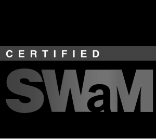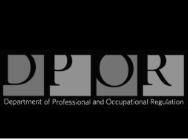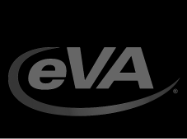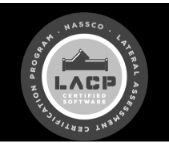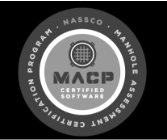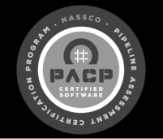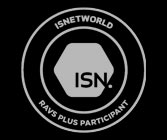Our team is here to answer your questions. Contact us today at 757-877-2054 or schedule your FREE estimate.
MASTER PLUMBERS IN NEWPORT NEWS, VA
How do I properly maintain my septic tank?
Do you have a septic tank at your house and are unsure of how it works or how to properly maintain it? Ziegler Plumbing & Sewer, Inc. pumps and cleans septic tanks to avoid untimely sewer backups or overflows.
Ready to get your septic tank working like new?
- Sewer backups
If your drains are backing up, that could indicate that your septic tank is full or has a blockage and may require a cleaning.
- Flooded or overflowing
It is common to have a septic back up after or even during heavy rainfall. Heavy rains can flood the ground around your tank leaving it overly saturated, making it impossible for water to flow out of your septic system.
- Foul odor and gurgling sounds
This may indicate that your septic tank is full and needs to be pumped and cleaned.
Septic Tank FAQs
Proper maintenance can extend the life of your septic tank. We recommend having your septic tank pumped and cleaned every 5 years. When we pump and clean septic tanks, we pump all the debris out of the tank and pressure wash the sides.
Sewer and water from your home drains into your septic tank. Heavy solids settle to the bottom, where bacteria produces beneficial sludge and gases. The lighter solids, such as fats, oils, and grease, rise to the top creating a layer of scum.
The liquid waste (aka effluent) exits the tank into the drainfield. The “outlet T” prevents the sludge and scum from leaving the tank and entering the drainfield.
We do not suggest introducing additives (bacteria and enzymes) into your septic tank. Per the EPA, biological additives do not appear to improve the performance of healthy septic tanks. Septic tanks are designed to create beneficial bacteria to break down the waste on their own.
Absolutely! You should avoid flushing sanitary napkins, paper towels, “flushable wipes,” thick toilet paper, cigarette butts, disposable diapers, and anything plastic or non-biodegradable. Additionally, you should limit fats, oils, and grease as much as possible from your drains.

